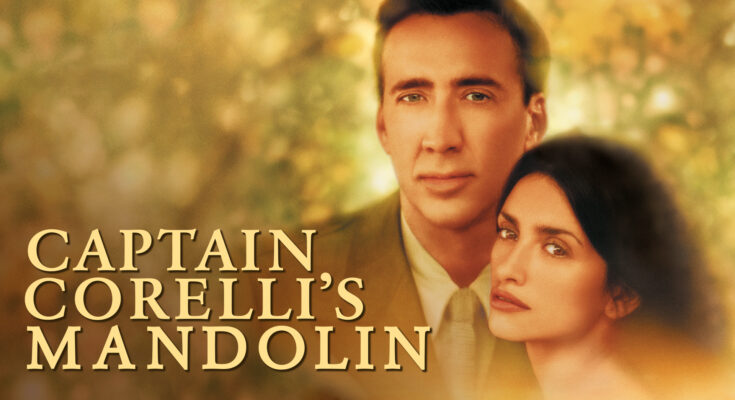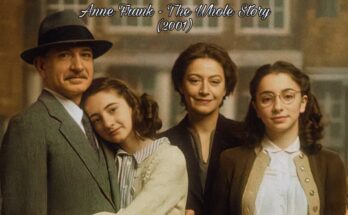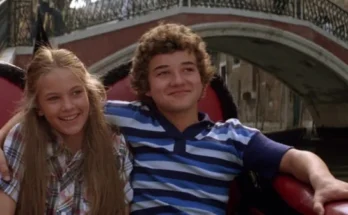Genre: Historical Romance | War Drama | Literary Adaptation
Captain Corelli’s Mandolin is a sweeping, sun-drenched war romance that aims for grand, old-fashioned passion and heartbreak set against the turmoil of World War II. Directed by John Madden and based on Louis de Bernières’ bestselling novel, the 2001 film transports audiences to the Greek island of Cephallonia—a paradise soon overshadowed by the brutal reality of occupation.
At the heart of the story is Pelagia (Penélope Cruz), the spirited daughter of Dr. Iannis (John Hurt). She’s engaged to Mandras (Christian Bale), a local fisherman who goes off to fight when the Italians and Germans invade Greece. When Mandras fails to return or write letters, Pelagia’s world is upended once again with the arrival of Italian occupying forces.
Among the occupying soldiers is Captain Antonio Corelli (Nicolas Cage), a charismatic, music-loving officer who seems wildly out of step with his role in the war. Corelli, with his mandolin slung over his shoulder, charms the villagers with music and laughter, softening the tension between occupiers and the occupied—much to Pelagia’s initial dismay.
What begins as suspicion between Pelagia and Corelli slowly blossoms into a forbidden love, built through stolen moments and shared melodies while the shadow of the war grows darker around them. The film paints their romance in postcard-pretty scenes of sunlit hillsides, sparkling seas, and idyllic village life—a beauty that stands in stark contrast to the violence that inevitably arrives.
Nicolas Cage brings his trademark earnestness to Corelli—sometimes awkwardly so, as his accent and larger-than-life presence feel at odds with the delicate Mediterranean setting. Penélope Cruz, meanwhile, grounds the film with warmth and dignity, her Pelagia torn between loyalty to her absent fiancé and her growing feelings for the gentle Italian officer.
The film’s best moments lie in its atmosphere—the Greek landscape is gorgeously shot, the traditional music weaves through the narrative like Corelli’s serenades, and the local villagers add a touch of humor and humanity. John Hurt, as Pelagia’s father, provides a steady moral center as he tries to protect his daughter and community from the harsh winds of war.
Yet, for all its ambition, Captain Corelli’s Mandolin often struggles to balance romance with the gravity of its historical setting. The narrative sometimes drifts into melodrama, and the transition from sunlit love story to the brutal realities of the Nazi occupation and the island’s suffering can feel jarring. The film softens the darker edges of the novel’s wartime tragedy, which left some critics feeling that it undercuts the depth of its source material.
Still, as a romantic war drama, the film offers an earnest look at the resilience of the human heart in impossible times. It asks how love survives under occupation, betrayal, and loss—whether music and memory can be enough to bind two people together when history conspires to tear them apart.
Captain Corelli’s Mandolin is not without its flaws, but for viewers who long for a sweeping, sentimental wartime romance set against sunlit seas and tragic choices, it can be a nostalgic escape. At its core, it’s a film about the small, defiant beauty that people cling to when the world is at its cruelest—a mandolin’s song echoing through the ruins of war.



